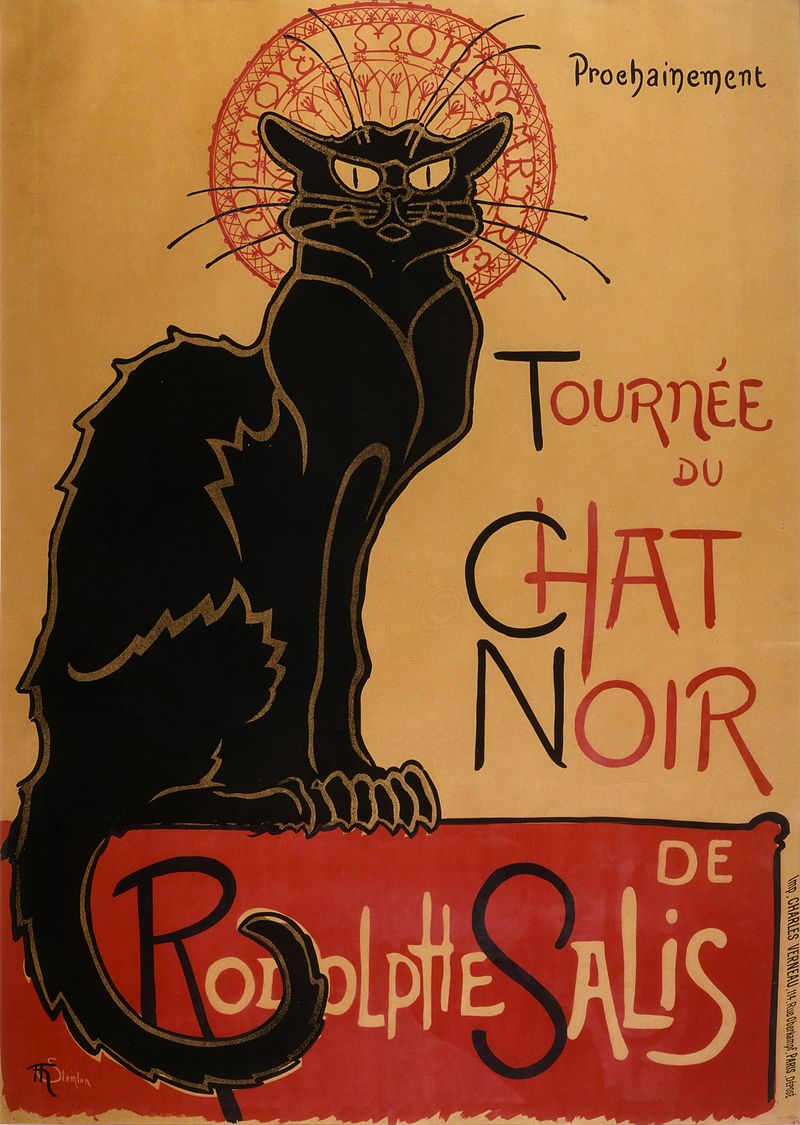Serendipity
On Monday, April 15, Notre-Dame was in flames.
A horrified world watched, joined in tears.
On Tuesday, April 16, during my husband's surgery,
I was in a waiting room
reading Liz Wieland's
Paris, 7 A.M.
And I read,
"The crazy quilt of languages around Notre-Dame,"
and I read,
"The being that will appear will emerge from the guest bedroom
will be hideous, a sort of gargoyle
come down off the sheer facade of Notre-Dame,"
and I read,
"In an hour, it's lighting a candle in Notre-Dame,"
and I read,
"the great squatting hulk of Notre-Dame,"
while the television in the waiting room aired
photographs and videos of the "great squatting hulk",
the gleam of the cross rising out of the ashes like a beacon.
I have never seen Notre-Dame or Paris or France.
I have not had the luck to have been a traveler.
No memories rushed forward, just sorrow for what was lost.
But the book brought Paris alive for me,
albeit a Paris from long before my birth,
a Paris just before the war,
with intimations of war
quivering in the atmosphere.
The Novel
Geography
In 1937, the young poet Elizabeth Bishop and two Vassar friends
traveled to Paris.
For three weeks, Elizabeth did not write in her journal.
Liz Wieland wondered about that silence
and imagined Bishop's life over those missing weeks,
the mysteries she held close and never revealed.
Elizabeth and her friends,
full of youthful optimism
in spite of the disorder on the continent.
Louise of the blue eyes.
Anaphora. Margaret's horrid accident.
And the people they meet,
Sigrid who married for safety,
and the Countess Clara Longworth de Chambrun
who sees in Elizabeth her deceased daughter
who sees in Elizabeth a co-conspirator.
Paris 7 A.M. reflects Bishop's poetic voice, steals her imagery
and the titles of her books of poetry, Easter eggs
left to find in the days before Easter when I was reading.
So many hidden in the paragraphs beyond my ken.
"And then the clocks speak," I read.
The clocks, the time, the water, sailing,
the drinking, the women,
the traveling, and the traveling.
"Why do you travel?" I read.
Questions of Travel.
And she answers,
"To be free." "To see beauty."
It was coming, people sensed, knew
the world would shift again, war inevitable.
"The world is getting so ugly," I read.
"The swastika, a headless spider," I read.
The Jewish babies, lovingly handed over
by desperate loving mothers
to travel into stranger's arms
to travel into another mother's arms.
Elizabeth's mother could not mother
Elizabeth would never become a mother
Elizabeth was a midwife in the babies rebirth.
Elsewhere
Back to the known, Wieland's pen
flirts across the years
touching like a butterfly on a flower
upon Bishop's travels.
Florida. Brazil. America.
Letters from Marianne Moore, Sigrid, Louise.
Sailing with 'Cal' Lowell.
A summation of a life's losses.
And I read,
"Does everybody live such divided lives, Elizabeth wonders: one self moving about the world like all the other million selves, and another that's stuck somewhere behind?"
I received a free ebook from the publisher in exchange for a fair and unbiased review.
Paris, 7 A.M.
by Liza Wieland
Pub Date 11 Jun 2019
ISBN: 9781501197215
PRICE: $26.99 (USD) hardcover
Quotations are from the advanced reading copy.
I read Wieland's previous novel
The Land of Enchantment about an artist who studies under Georgia O'Keefe.
Read my review here.













